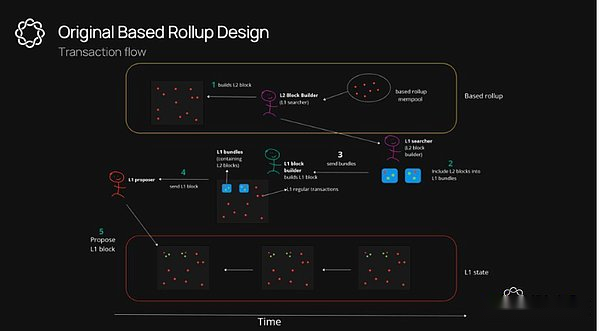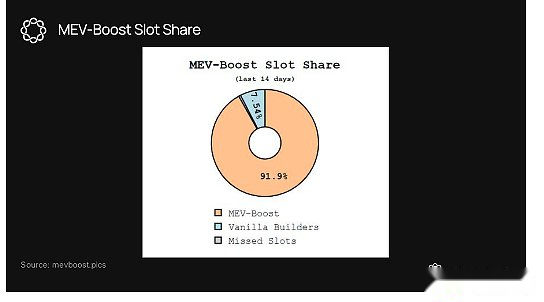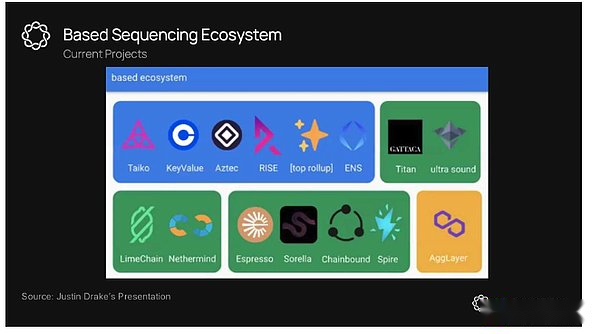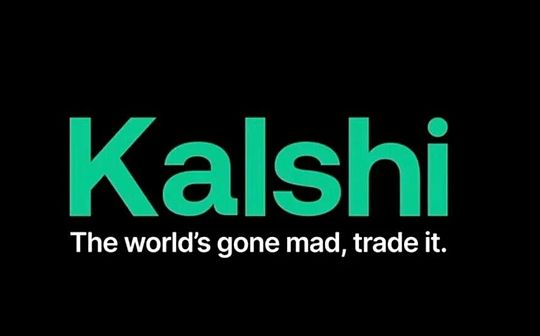
Author: Utonio, Delphi Digital, Translation: Bitchain Vision xiaozou
L2s rescued ETH from the situation of user loss, but it brought problems such as fragmentation of liquidity, ecological isolation and reduced composability.Are Based rollups, shared sorting and pre-confirmation solutions?In his in-depth study of Based Rollups, Utonio specifically analyzed the solutions and formed the following four key insights.
1. Based Rollups properties and limitations

Simplicity:BasedSorting simplifies the process without additional verification or hard forks
Trustworthy neutrality: Using a decentralized Ethereum sorter
Minimize risk: Inheriting the core layer L1 security of Ethereum
Flexibility limitation: binds the timing and infrastructure of the base layer, with weak independence
Earnings Impact: Possible transfer of sorted income (MEV + tip) from L2s to L1 proposer
Delay: Link to L1 times, which may be offset by pre-confirmation
2. Conflict
Although based rollups retains the ability to publish governance tokens and charge basic fees, it conflicts with the current rollup business model, where the sorter has transaction sorting rights and can be obtained.MEV, earn tips.
If you want to convert to based rollup, the sorter will give up this value and hand it over to the L1 validator, limiting the revenue to the basic expenses.
How easy is it to turn rollups into based rollups?
The answer is quite easy.Current rollups like Arbitrum can be converted to based rollups by deprecating their centralized sorter and allowing Inbox contracts sent directly to L1 to be sorted by the L1 proposer.
This will eliminate third-party participation while maintaining L1 delay.The protocol will allow anyone to create transaction packages, compress and publish them on L1, rather than publishing transaction packages only by the sorter.
Because execution is still done on the rollup, error proof and zero-knowledge proof are still necessary because they are related to confirming the execution output.
3. Pre-confirmation
Pre-confirmed development momentum is strong and committed to solving the main limitations of based rollup.
The L1 proposer (also acts as the L2 builder of based rollup) can now choose to perform additional tasks by restaking to become a preconferr, “preconfer” is a new name for the sorter that sorts transactions in L2..
Users pay tips to preconfer for transactions, and preconfer may also receive native token rewards.
Rational economic actors should choose to join, either through entrustment or through re-pled.MEV-driven client growth proves that participants’ goal is to maximize revenue.

PreconfersuseL1 block timesto fulfill transaction commitments and can include multiple L2 blocks in a single L1 block.
The right to entrust pre-confirmation introduces the assumption of trust and comes with confiscation conditions related to activity and security errors.We explore different types of implementations, such as Based Espresso designed and developed by the Espresso Systems team.
4. Based sorting pattern
The list of entities dedicated to based sorting is as follows:

Focus on Taiko
Taikobelongzk-EVM Type 1, is the first based rollup project to be built from scratch, without any changes to the Ethereum system.The project is a license-free project, without a centralized sorter or whitelist prover (prover), allowing anyone to run the Proposer and Proof nodes.
TaikoMultiple proof methods are used, using multiple proof types (such as multipleSNARKs+ Multi-client).The prover isTKOToken bond incentives, these incentive bonds may be confiscated if they fail to prove the block within the expected time.
They are usingRISC Zero zkVMBuild infrastructureTaikoimplementVM, which will make the buildZK appsBecome possible.






